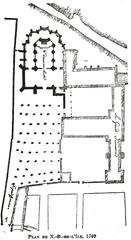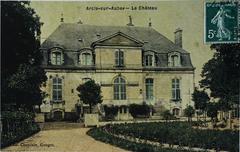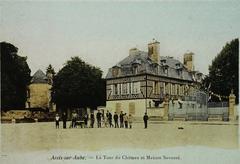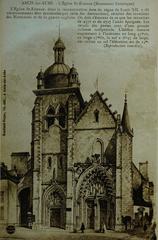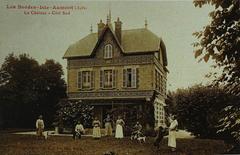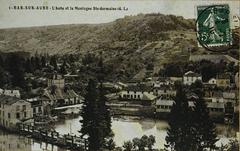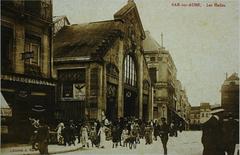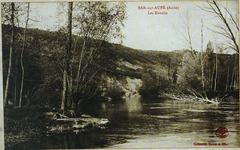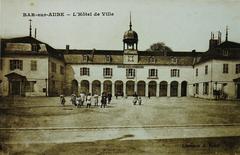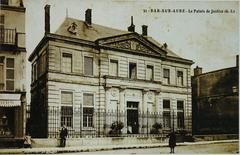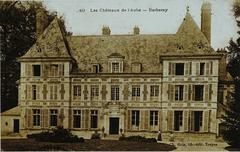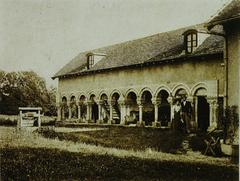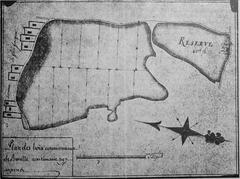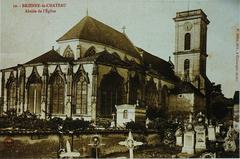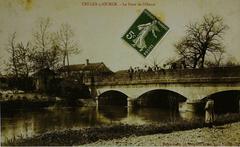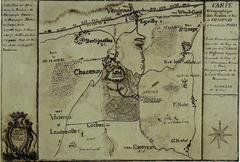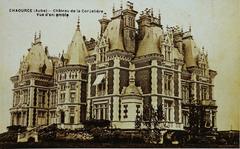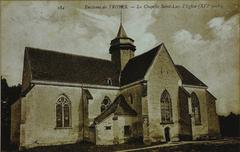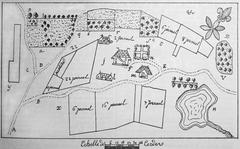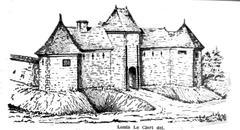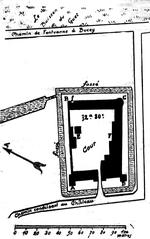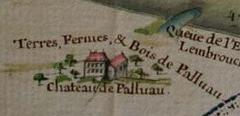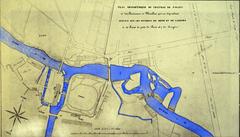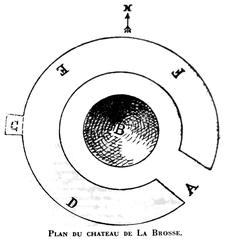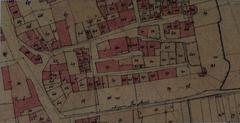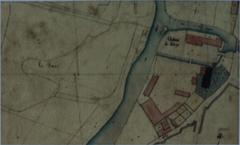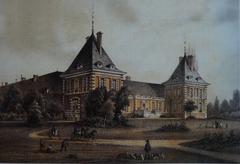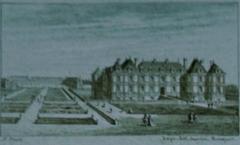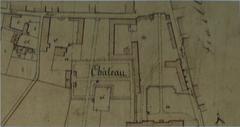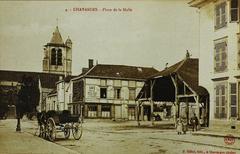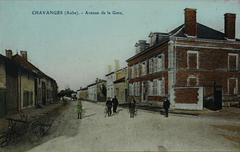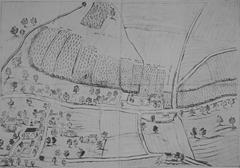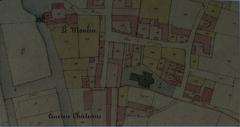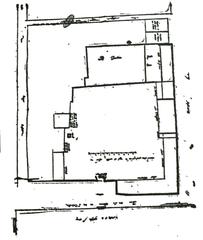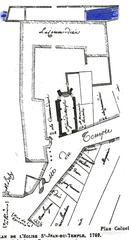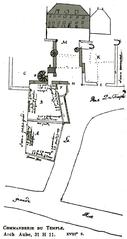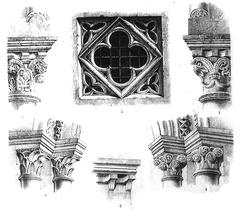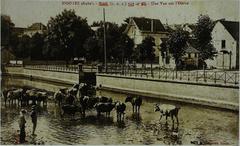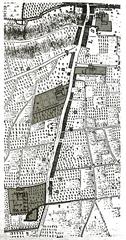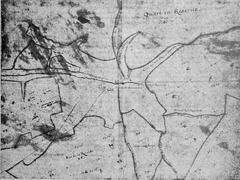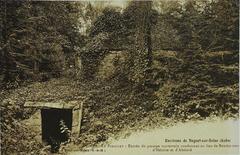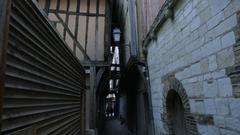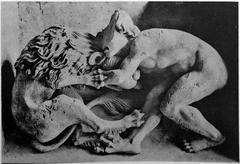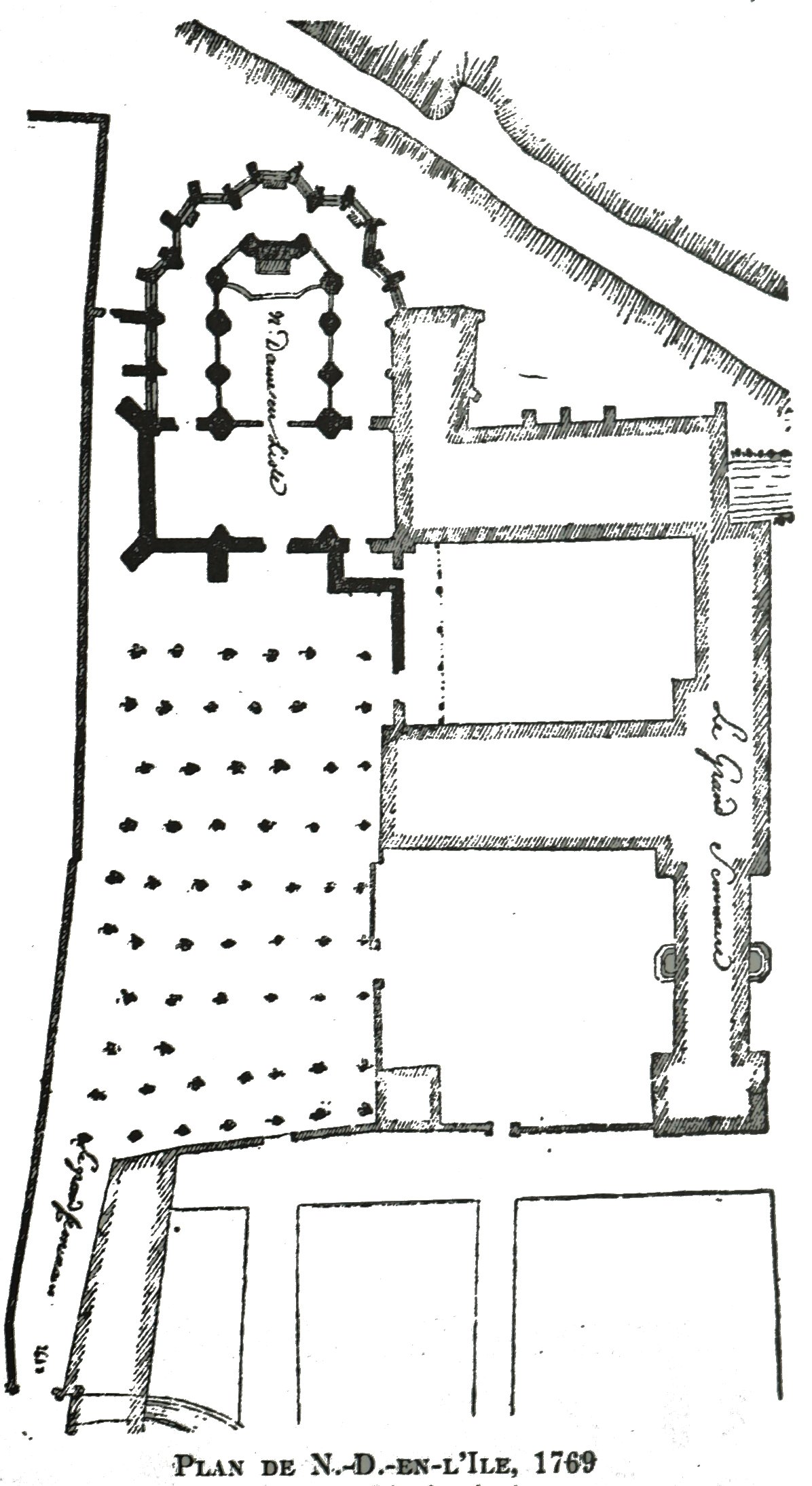
Departmental Archives of Aube, Troyes, France: Visiting Hours, Tickets, and Historical Sites Guide
Date: 14/06/2025
Introduction: The Heart of Aube’s Heritage
Located in the historic center of Troyes, the Departmental Archives of Aube serve as the foremost repository for the region’s documentary, cultural, and administrative legacy. Since their founding in the aftermath of the French Revolution, the archives have preserved an astonishing array of records—from medieval charters and parish registers to modern administrative files—providing a detailed chronicle of life in Troyes and the Aube department. Visitors and researchers alike are invited to explore this unique institution, which combines centuries-old artifacts, modern facilities, and engaging cultural programs. This guide provides comprehensive information on visiting hours, ticketing, accessibility, research services, and nearby attractions, ensuring you make the most of your visit to the archives and the city of Troyes (Archives-Aube.fr, FranceArchives, Aube-Champagne.com).
Contents
- Introduction: The Heart of Aube’s Heritage
- History and Institutional Development
- Collections and Thematic Highlights
- Modernization and Digital Resources
- Practical Visitor Information
- Exhibitions, Tours, and Educational Initiatives
- Nearby Attractions in Troyes
- Visitor FAQs
- Travel Tips and Recommendations
- Sources and Further Reading
History and Institutional Development
The Departmental Archives of Aube originated in 1790, when the newly formed departments of France were tasked with safeguarding public documents. The earliest collections were stored in repurposed religious sites, such as the church of the Jacobins and later the Notre-Dame-aux-Nonnains abbey (FamilySearch, Wikipedia). Over the centuries, the archives expanded rapidly, particularly after the 1928 law allowed notaries to deposit documents older than 125 years, dramatically increasing the volume and diversity of holdings.
Professional archivists like Armand Boutillier du Rétail and Pierre Piétresson de Saint Aubin helped shape the collection’s organization, and the archives soon became essential for genealogists, historians, and local researchers (Wikipedia).
Collections and Thematic Highlights
The archives house a remarkable variety of documents, including:
- Medieval and Early Modern Manuscripts: Charters, parish registers, and notarial records from the 16th century onward.
- Civil and Parish Registers: Essential sources for genealogical research (FamilySearch).
- Notarial and Legal Documents: Contracts, deeds, and legal proceedings, notably expanded after the 1928 notarial law (Wikipedia).
- Military and Census Records: Conscription lists, military service files, and population censuses.
- Private and Family Archives: Donations from notable regional figures and families.
- Visual and Printed Collections: Historic photographs, postcards, newspapers, and illustrations, including a focus on Troyes’ stained glass heritage and the Hôtel-Dieu-le-Comte (Archives-Aube.fr).
- World War II Documentation: Digitized records relating to the liaison office with German authorities, significant for international research (EHRI Project).
Modernization and Digital Resources
Recent years have seen major efforts to digitize and expand public access to the archives. The 2012 creation of the Department of Archives and Heritage unified archival and cultural projects, and the 2021 integration of Troyes’ municipal archives further enriched the collections (Aube-Champagne.com, Ville de Troyes). A substantial selection of parish and civil registers, local newspapers, and other vital records are now available online, supporting remote research for users around the world (Archives-Aube.fr).
Practical Visitor Information
Location & Access
- Address: 131, rue Etienne Pédron, 10000 Troyes
- Getting There: Close to Troyes’ city center, accessible by public transport and car. Parking is available nearby, but may be limited during peak periods.
Visiting Hours
- Monday–Thursday: 9:00 AM–5:00 PM
- Closed: Fridays, weekends, the second week of June, and from December 25 to January 1
- Note: Visiting hours may vary for special events or holidays; always check the official website for updates.
Admission & Registration
- Entry: Free of charge
- Registration: Obtain a reader’s card upon arrival by presenting valid ID
Facilities & Accessibility
- Reading Room: Modern, quiet, with individual desks, Wi-Fi, and access to digitized materials
- Accessibility: Fully accessible for visitors with reduced mobility (ramps, elevators, adapted restrooms); staff assistance available upon request
- Visitor Guidelines: Bags, coats, and pens must be left in the cloakroom. Only pencils, paper, and silent digital devices are allowed in the reading room (EHRI Project).
Exhibitions, Tours, and Educational Initiatives
The archives are more than a research center—they are a vibrant cultural hub. Regular exhibitions, often in partnership with the Cité du Vitrail (on the same premises), delve into themes such as Troyes’ medieval fires, the evolution of local hospitals, and the art of stained glass (Aube-Champagne.com). The institution offers:
- Thematic exhibitions and European Archaeology Days
- Workshops and Palaeography Classes for students, teachers, and amateur researchers
- Guided Tours: Available by appointment, in French (with some English materials upon request)
- Family-friendly activities and school programs
Nearby Attractions in Troyes
A visit to the Departmental Archives of Aube is easily complemented by exploring Troyes’ renowned historical and cultural sites:
- Cité du Vitrail: Museum of stained glass, adjacent to the archives
- Troyes Cathedral (Cathédrale Saint-Pierre-et-Saint-Paul): Masterpiece of Gothic architecture
- Old Town Troyes: Picturesque medieval streets and half-timbered houses
- Musée d’Art Moderne: Regional and contemporary art in a historic setting
Enjoy local gastronomy, including Champagne and andouillette sausage, and lively markets in the city center (France Voyage, Lonely Planet).
Visitor FAQs
Q: What are the current opening hours?
A: Monday–Thursday, 9:00 AM–5:00 PM. Closed Fridays, weekends, and holidays. Always check the official website for updates.
Q: Is admission free?
A: Yes, but you must register with valid identification.
Q: Are guided tours available?
A: Yes, by prior appointment. Most are in French; English materials available upon request.
Q: Can I photograph documents?
A: Photography is generally permitted for personal use (without flash/tripod); always confirm with staff first.
Q: Are the facilities accessible?
A: Yes, the entire building is wheelchair accessible.
Q: Is there support for non-French speakers?
A: The primary language is French, but some English assistance and guides are available.
Travel Tips and Recommendations
- Prepare in Advance: Consult the online catalog and note reference numbers for materials of interest.
- Bring ID: Required for registration.
- Handling Protocols: Use pencils only; handle documents with care.
- Language: Download translation apps or consider a local researcher for complex work.
- Facilities: Lockers, restrooms, and a break area are available; dining options in the city center.
- Stay Updated: Check the archives’ site for temporary exhibitions, workshops, and event schedules.
- Combine Your Visit: Explore Troyes’ medieval quarter, museums, and Champagne houses for a full cultural experience.
Sources and Further Reading
- Departmental Archives of Aube Official Website
- FranceArchives Portal
- Aube Champagne Tourism
- EHRI Project on Aube Archives
- FamilySearch Wiki on Aube Genealogy
- Wikipedia Article on Archives départementales de l’Aube
Plan Your Visit
The Departmental Archives of Aube offer an unparalleled window into the history, culture, and community of Troyes and the Champagne region. With free entry, accessible facilities, and a wealth of original and digitized resources, they are essential for historians, genealogists, and cultural explorers. Enhance your experience by attending exhibitions, joining a guided tour, or exploring Troyes’ medieval streets and vibrant museums.
For the latest visiting hours, ticketing policies, and event schedules, visit the official website. Download the Audiala app for cultural resources and follow the archives on social media for news and highlights.
